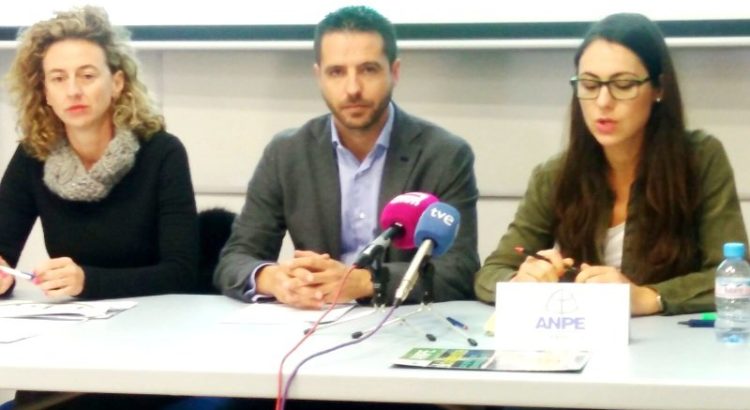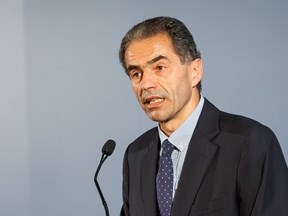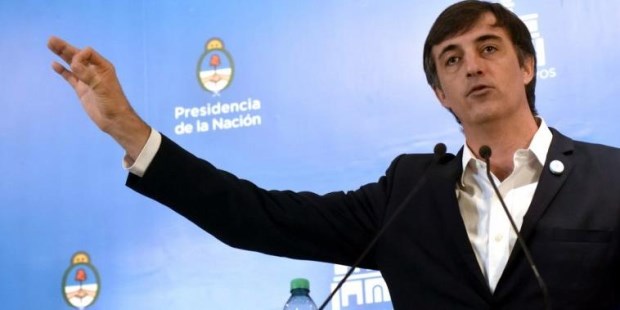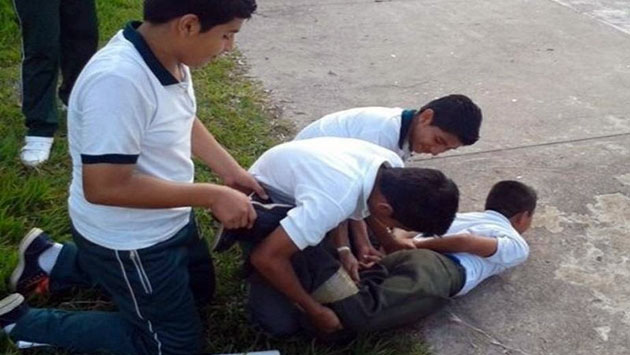Sin duda estamos ante una coyuntura de crisis y transformación de la institución escolar, un momento en el cual la escuela ya no cumple el papel de institución integradora que difunde principios y valores que son aceptados sin cuestionamientos por los individuos, valores como la libertad y la autonomía, proclamados por la misma escuela, han provocado que los estudiantes, docentes y padres de familia acepten y acaten algunas disposiciones de las instituciones educativas, rechacen otras y reacomoden algunas a sus necesidades e intereses.
Los estudiantes, docentes y padres de familia viven la transformación de la escuela como una crisis que cada uno enfrenta desde sus propias perspectivas, los maestros sienten que su labor ha perdido reconocimiento y valor social, y en contraste con lo anterior cada día tienen mayor cantidad de trabajo que los fatiga y agota sin recibir una justa recompensa; los estudiantes cuestionan la utilidad de los estudios, que ya no constituyen un factor de cohesión e integración de la vida escolar; los padres de familia añoran la escuela del pasado, recuerdan con nostalgia los tiempos en que sus hijos si aprendían los contenidos de las asignaturas y a comportarse bien tanto en la escuela como en la casa, e incluso en la calle.
En este panorama, estudiantes y docentes se culpan mutuamente por los problemas que surgen en la cotidianidad de los espacios escolares, de allí que la democratización de la vida escolar sea un intento por promover una cultura democrática donde haya participación de todos los actores escolares en la construcción de planes y programas que ayuden a lograr un mejor clima institucional, calidad en la enseñanza, estrategias para resolver conflictos y en general, a lograr una buena convivencia con calidad académica. De esta manera, la Ley general de Educación y sus decretos reglamentarios buscan modificar las formas tradicionales de organización y de dirección de las instituciones educativas caracterizadas por la centralización del poder, por la existencia de formas autoritarias de gestión, y por la escasa posibilidad de interacción de estudiantes y padres de familia en los asuntos de la institución. (Álvarez, 2002:p.12)
El gran reto de la democratización ha sido pasar de instituciones caracterizadas por formas de organización relativamente verticales, con un rol dominante de la figura del rector, y un estamento relativamente intocable como el docente, a una nueva forma de organización donde los actores excluidos como padres y estudiantes tuvieran voz y voto en la planeación y ejecución de actividades. El nuevo orden escolar que busca la democratización incluye la división relativa de poderes que descentraliza la toma de decisiones, le pone límites al poder de estos actores tradicionales e incluye sectores antes excluidos en su marcha y proyección.
Uno de los principales objetivos de democratizar la escuela es pues hacerla participativa, para ello se crean los órganos de gobierno escolar que aparecen como actores claves de una nueva institucionalidad que debe plantearse en todos los establecimientos educativos, dichos órganos fueron creados para garantizar la participación de todos los actores escolares, en la gestión y ejecución de planes y programas en la institución. Hoy el interrogante se centra en el alcance, sentido y la profundidad de estos procesos, y el grado en que han logrado los propósitos y la visión propuesta por la normatividad que los creó.
El escenario generado por la creación de espacios y escenarios para la participación, la discusión y el consenso dentro de las instituciones educativas, el momento en el cual se pone sobre el tapete la importancia de garantizar el respeto a la dignidad y la supremacía de los derechos humanos en la acción educativa, y el momento en que los hechos mostraron que las expresiones de los estudiantes estaban cambiando de la desobediencia y el mal comportamiento en el descanso o en el aula a la trasgresión de normas que comprometían la integridad física y emocional, hasta llegar incluso a expendio de drogas, robos y actos violentos, son el contexto en el cual se reaviva el debate sobre aspectos de la vida escolar como la norma y la disciplina, cuyo campo de discusión estaba restringido a los directivos y los docentes.
La disciplina es hoy un punto central en la vida de las instituciones educativas, lo que los maestros y directivos denominan “indisciplina” los enfrenta día a día con los estudiantes, según estos, porque los maestros quieren mantener un modelo disciplinario que no es acorde con el tiempo en el cual ellos viven, y según los maestros porque los estudiantes usan y abusan de los derechos que les ha otorgado la ley, para no acatar las normas y hacer su voluntad en las instituciones.
Si bien es innegable que el problema disciplinario y normativo que se vive en los establecimientos educativos tiene una fuerte influencia del mundo familiar y social donde viven los estudiantes, es pertinente hacer énfasis en la capacidad de la institución para abordar y tratar el problema con herramientas educativas, porque aspectos como la naturaleza de las reglas de la escuela, el sistema de sanciones y castigos que se utiliza, el cuidado del bienestar de los alumnos, los estilos de liderazgo adoptados por la dirección, los coordinadores y los maestros, la actitud hacia los problemas sociales y académicos de los estudiantes, así como la filosofía general y los valores de la escuela, desempeñan un papel importante en las relaciones que se establecen entre los actores escolares.
La indisciplina o falta de disciplina es un factor que crea conflicto en las escuelas y colegios; entendemos el conflicto disciplinario como las tensiones, desacuerdos y discrepancias que se presentan entre los estudiantes, docentes y directivos en torno al concepto y los mecanismos utilizados para lograr que haya disciplina en las Instituciones Educativas (Palacios, 2008:p. 43). Las situaciones que originan dicho conflicto son variadas, pero sobresale la exigencia del cumplimiento de los derechos que la ley ha dado a los estudiantes, la exigencia de libertad y autonomía, y muy especialmente un elemento nuevo en la relación entre docentes directivos y estudiantes, la exigencia de estos últimos de reciprocidad, igualdad y justicia en el cumplimiento de derechos y deberes dentro de la institución.
Los conflictos disciplinarios se dan de la mano con el hundimiento de valores tradicionales, una ética de la racionalidad, una fuerte tendencia al individualismo y una universalización de los derechos humanos promovida por los medios de comunicación de masas que han aumentado la pluralización de distintas creencias y valores. Estos cambios que los jóvenes estudiantes tienen y que provocan choque con la institucionalidad de la escuela hacen parte de lo que Norbert Elías llama el equilibrio entre el nosotros y el yo, que puede ser interpretado como la relación entre las identidades colectivas y la formación de una identidad individual (Elías, 1999:p.20)
Un punto central en el conflicto disciplinario es el de las normas, el aparato normativo que regula el comportamiento de los miembros de las instituciones, las normas sirven como orientación de la manera de comportarse de cada miembro de determinado grupo, pero si bien cada institución crea dichas normas como medio para regular las relaciones de sus miembros esto no da seguridad que dichos miembros compartan estas normas y se acojan a ellas, en los colegios y escuelas de hoy se presenta precisamente esta situación. La existencia de las normas no asegura, ni que se aceptan, ni que se compartan y menos que se cumplan, dando lugar a que se presente el conflicto por la manera como son concebidas y aplicadas. En este estudio las normas se entienden como las reglas establecidas por los grupos para regular la conducta de sus miembros, tales reglas, pueden ser explícitas o implícitas, e indican a los miembros del grupo cómo comportarse y cómo no comportarse
Desde sus inicios la escuela ha creado normas cuyo objetivo es propiciar modelos para la formación de los individuos, durante mucho tiempo estas normas fueron captadas y aceptadas por la mayoría de los individuos sin cuestionamientos o exigencia de participación en su creación, situación que si es latente en la actualidad en la escuela. Los estudiantes de hoy se oponen fuertemente a las normas, les dirigen sus críticas por considerarlas excesivas, poco formativas y que coartan su autonomía y su libertad, pero también se oponen a lo que llaman el abuso en su aplicación por parte de los maestros y su uso arbitrario, el panorama es el de un conflicto latente donde unos intentan hacer cumplir las normas y otros las trasgreden de manera reiterativa.
Aspectos como la forma de vestir, los horarios, y el uso de espacios siguen siendo puntos sobre los que estudiantes y docentes no logran ponerse de acuerdo, por el contrario, generan tensión que en algunos casos llega a convertirse en rivalidades, la exigencia de aquello que es considerado como un derecho. “el libre desarrollo de la personalidad” ha invadido las instituciones educativas, en su nombre los estudiantes asumen diversidad de actitudes y ejecutan diversidad de acciones incluso delincuenciales que ponen en peligro su integridad y la de otras personas, situación ante la cual los docentes culpan al Estado por lo que consideran permisividad y flexibilidad en la normatividad establecida.
Así pues, en un contexto en el cual la escuela ya no es la institución formadora por excelencia y aquello que plantea el ideal de educación no necesariamente es lo que ocurre en los establecimientos educativos, la relación entre las concepciones y las formas de funcionamiento de la disciplina, la norma y la democracia son claves en la organización social de las instituciones, puesto que aquellas donde existe relativa coherencia entre el discurso y la práctica y claridad en los principios y planteamientos esenciales que fundamentan su funcionamiento, tienen mayor capacidad de resolver los conflictos que puedan surgir entre los actores que en su interior se relacionan.
Referencias
ALVARES, Adolfo (2002). Dinámicas y Logros de los Gobiernos Escolares en Instituciones Educativas de Cali. Informe de Investigación COLCIENCIA. Universidad del Valle. Cali.
ELÍAS, Norbert. (1999). La Sociedad de los Individuos. Editorial Península. Barcelona.
PALACIOS, Nancy (2008). Disciplina, Norma y Democracia. Sus Concepciones y Funcionamientos en la Cotidianidad de la Escuela. Trabajo de grado con el cual se optó por el título de magister en sociología. Facultad de Ciencias Sociales y Económicas. Universidad del Valle. Cali.
Fuente artículo: http://compartirpalabramaestra.org/columnas/la-mutacion-de-la-escuela













 Users Today : 72
Users Today : 72 Total Users : 35459978
Total Users : 35459978 Views Today : 96
Views Today : 96 Total views : 3418561
Total views : 3418561